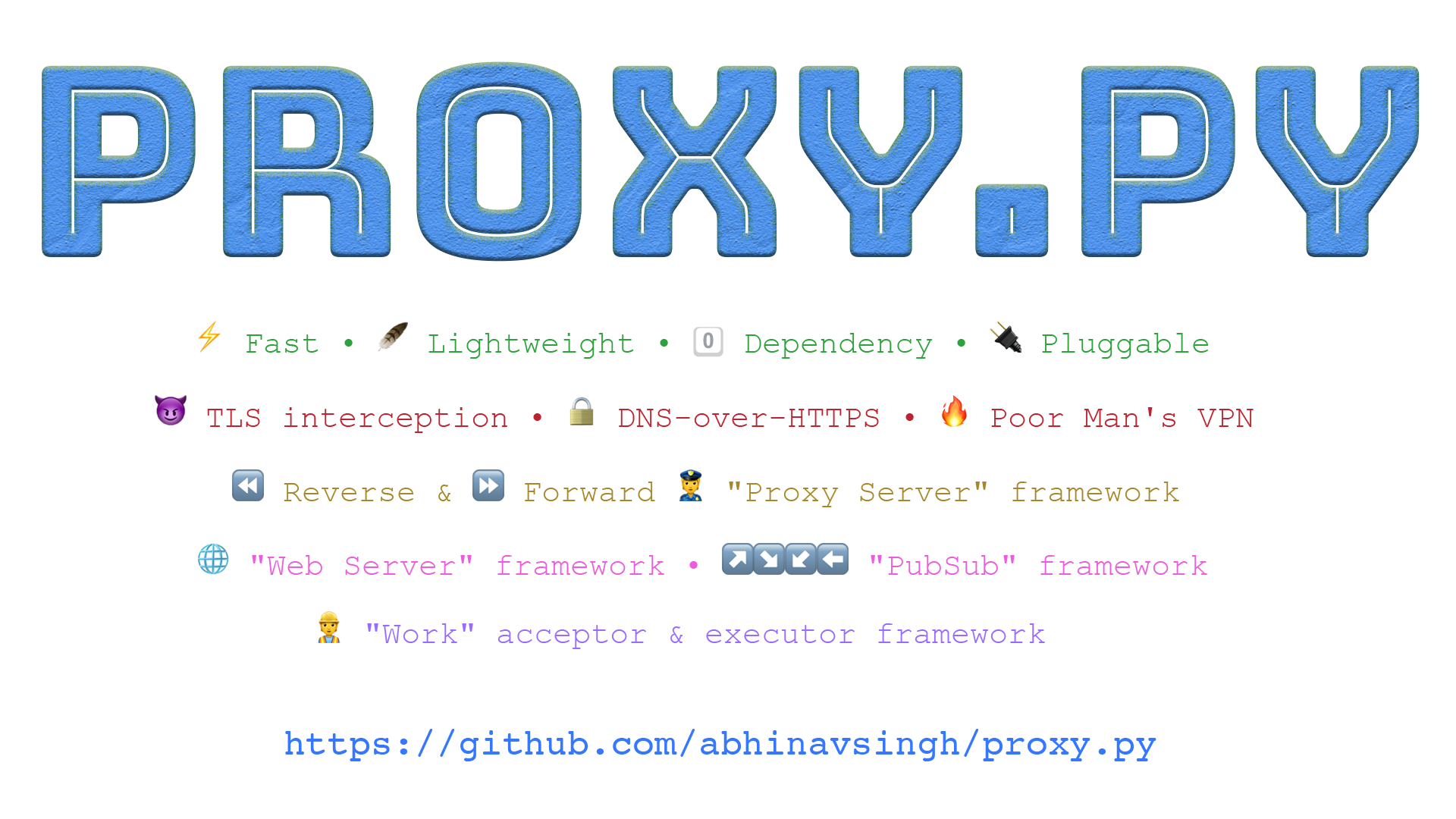MXbox: Simple, efficient and flexible vision toolbox for mxnet framework.
MXbox is a toolbox aiming to provide a general and simple interface for vision tasks. This project is greatly inspired by PyTorch and torchvision. Detailed copyright files are on the way. Improvements and suggestions are welcome.
Installation
MXBox is now available on PyPi.
pip install mxbox
Features
- Define preprocess as a flow
transform = transforms.Compose([
transforms.RandomSizedCrop(224),
transforms.RandomHorizontalFlip(),
transforms.mx.ToNdArray(),
transforms.mx.Normalize(mean = [ 0.485, 0.456, 0.406 ],
std = [ 0.229, 0.224, 0.225 ]),
])
PS: By default, mxbox uses PIL to read and transform images. But it also supports other backends like accimage and skimage.
More usages can be found in documents and examples.
- Build an multi-thread DataLoader in few lines
Common datasets such as cifar10, cifar100, SVHN, MNIST are out-of-the-box. You can simply load them from mxbox.datasets.
from mxbox import transforms, datasets, DataLoader
trans = transforms.Compose([
transforms.mx.ToNdArray(),
transforms.mx.Normalize(mean = [ 0.485, 0.456, 0.406 ],
std = [ 0.229, 0.224, 0.225 ]),
])
dataset = datasets.CIFAR10('~/.mxbox/cifar10', transform=trans, download=True)
batch_size = 32
feedin_shapes = {
'batch_size': batch_size,
'data': [mx.io.DataDesc(name='data', shape=(batch_size, 3, 32, 32), layout='NCHW')],
'label': [mx.io.DataDesc(name='softmax_label', shape=(batch_size, ), layout='N')]
}
loader = DataLoader(dataset, feedin_shapes, threads=8, shuffle=True)
Or you can also easily create your own, which only requires to implement __getitem__ and __len__.
class TooYoungScape(mxbox.Dataset):
def __init__(self, root, lst, transform=None):
self.root = root
with open(osp.join(root, lst), 'r') as fp:
self.lst = [line.strip().split('\t') for line in fp.readlines()]
self.transform = transform
def __getitem__(self, index):
img = self.pil_loader(osp.join(self.root, self.lst[index][0]))
if self.transform is not None:
img = self.transform(img)
return {'data': img, 'softmax_label': img}
def __len__(self):
return len(self.lst)
dataset = TooYoungScape('~/.mxbox/TooYoungScape', "train.lst", transform=trans)
loader = DataLoader(dataset, feedin_shapes, threads=8, shuffle=True)
- Load popular model with pretrained weights
Note: current under construction, many models lack of pretrained weights and some of their definition files are missing.
vgg = mxbox.models.vgg(num_classes=10, pretrained=True)
resnet = mxbox.models.resnet152(num_classes=10, pretrained=True)
TODO list
-
FLAG options?
-
Efficient prefetch.
-
Common Models preparation.
-
More friendly error logging.




